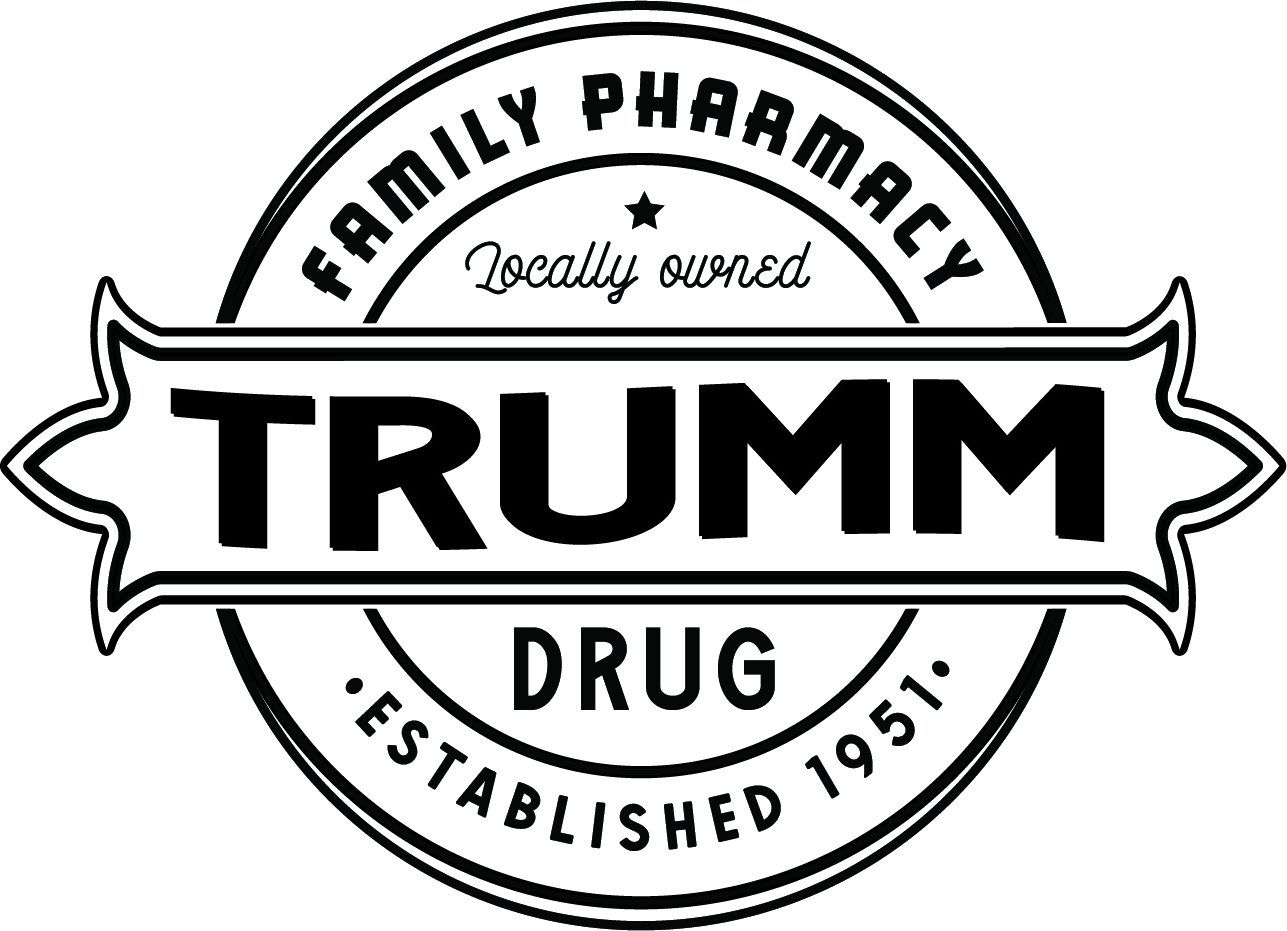December 2016 Pharmacy News
CDC: Pharmacists Are Front Line of Defense against Opioid Abuse
In an ongoing effort to prevent prescription opioid abuse, the CDC released a brochure for pharmacists, “Pharmacists: On the Front Lines—Addressing Prescription Opioid Abuse and Overdose.” As one of the most accessible healthcare providers in neighborhoods across the nation, the CDC is urging pharmacists to fully utilize the vital role they play on the front lines of healthcare delivery to communicate with patients to help prevent prescription drug abuse. NACDS
Surgeon General Urges New Action to Counter Addiction
The U.S. Surgeon General, Dr. Vivek Murthy, called for renewed action to halt what he said has become a public health crisis of drug and alcohol addiction. “The most important thing is we have to change attitudes towards addiction and get people into treatment. Addiction is a disease of the brain, not a character flaw,” he said in an interview. Reuters
U.S. Coffee Consumption to Set to Reach All-Time High
U.S. coffee consumption is set to reach an all-time high as drought in Brazil tightens supply. Rising demand is largely driven by Millennials, who account for about 44% of the market, according to Datassential. Millennials began drinking coffee at younger ages, and in the eight years through 2016, daily consumption rose from 34% to 48% among 18- to 24-years-olds and from 51% to 60% for 25- to 39-year olds while consumption declined for consumers over 40, according to the National Coffee Association. Bloomberg
Most Americans Believe Obesity Is Nation’s Top Health Threat
Most Americans believe that obesity is the biggest health threat facing the nation. However, a substantial number say that overweight people should be able to develop enough willpower to lose weight on their own, despite the fact that diet and exercise are insufficient solutions, according to a survey of 1,509 adults conducted by the National Opinion Research Center (NORC) at the University of Chicago. The New York Times, NORC
New Capsule Delivers Medicine for Weeks After Swallowing
Scientists developed a new capsule that can deliver a drug for up two weeks after being swallowed. The long-acting pill could prove valuable in the treatment of patients with HIV, tuberculosis and Alzheimer’s disease that require repeated doses over time. Reuters/Fox News
